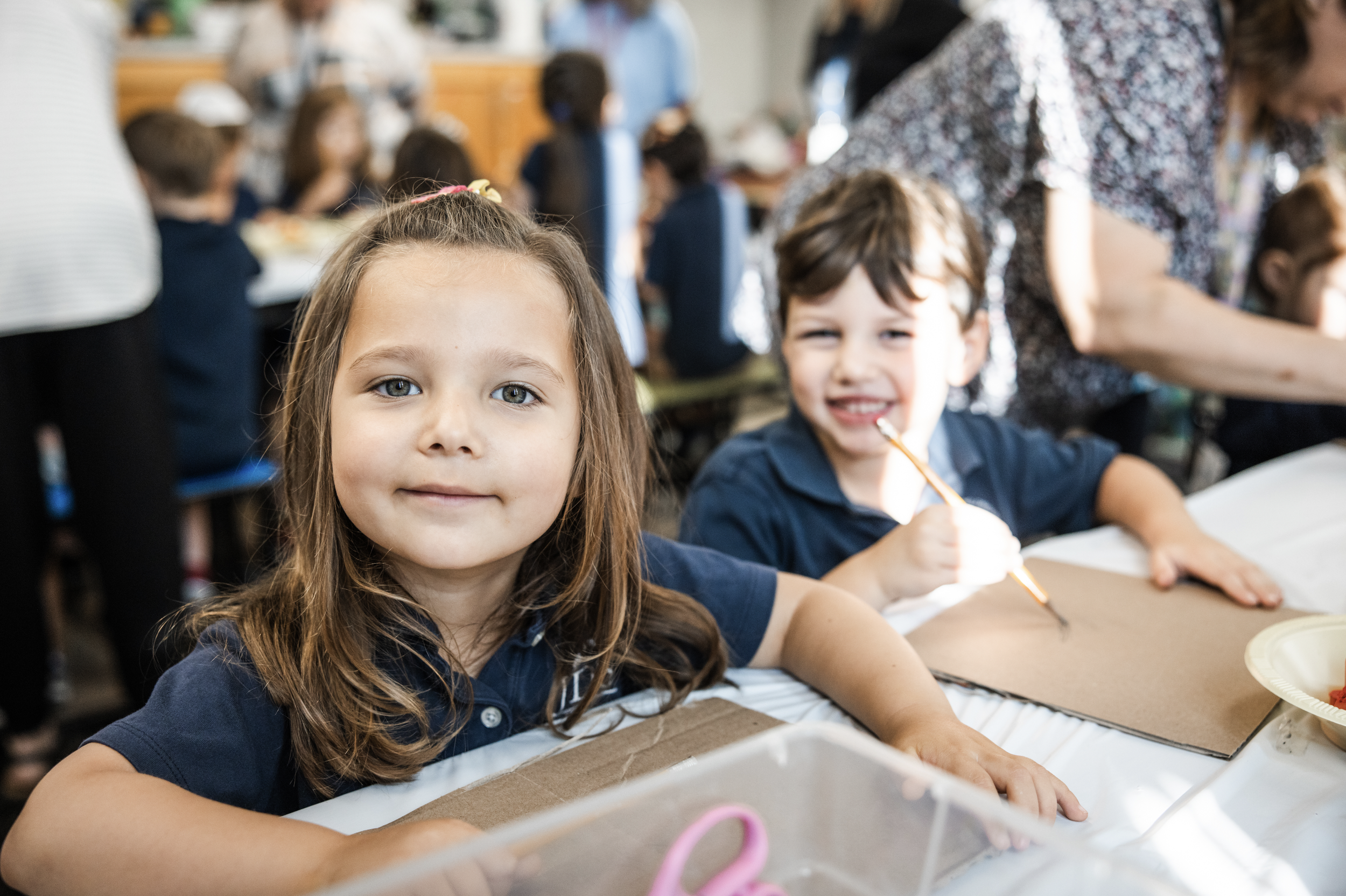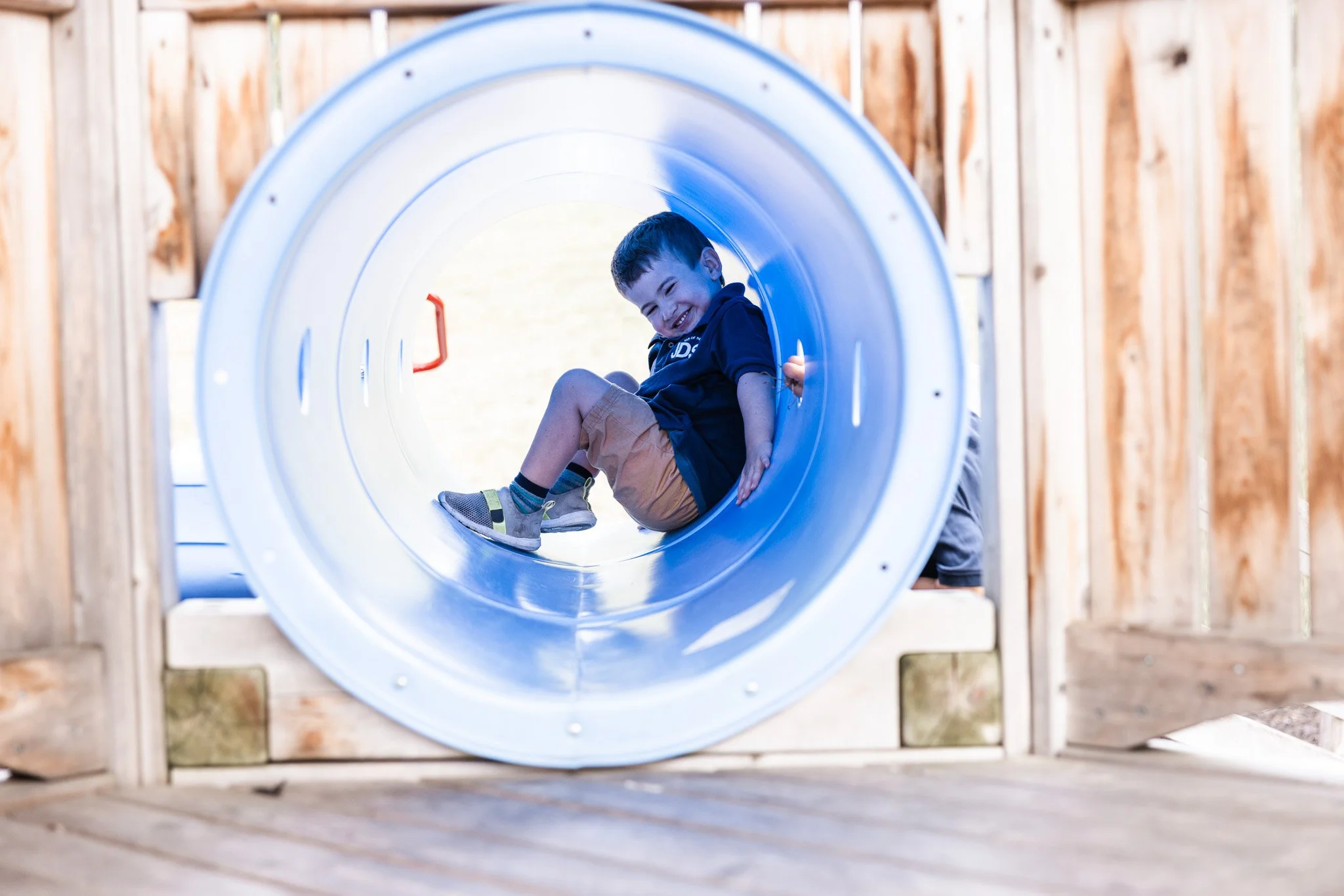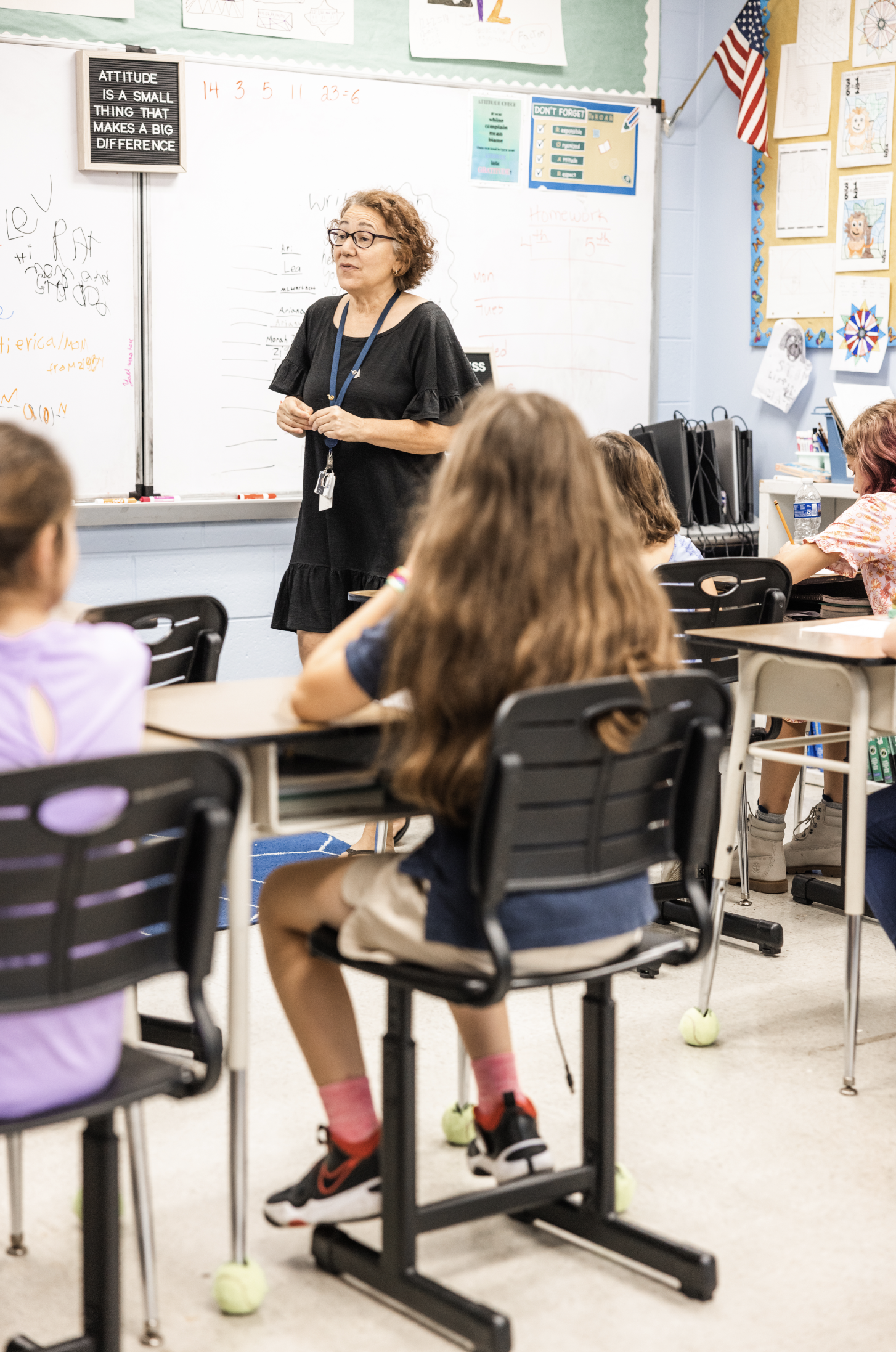Early Childhood
A joyful, stimulating, and nurturing environment for your child to learn and grow.
Children are encouraged to think critically, embrace new challenges, form meaningful relationships, actively engage in learning, and cultivate compassionate, thoughtful behaviors that will guide them throughout their lives
At the JDS, we believe that children develop cognitive and social skills through active involvement with their environment.
Our Early Childhood program, Pre-K (3-year-olds), Pre-K Plus (4-year-olds), and Kindergarten, helps children to navigate their surroundings and relationships, as well as to make sense of the world around them. The students learn by practicing many skills through a combination of guided teaching as well as open and structured play. By providing opportunities for our students to use all of their senses throughout the day, our students meet and exceed developmental benchmarks on a consistent basis.
Our Judaic and Hebrew curriculum revolves around the lifecycle of the Jewish year, highlighted by extensive exploration and celebration of Shabbat and chagim (Jewish holidays), as well as an emphasis on the Hebrew letters and language.
Through the General Studies program, the acquisition of strong pre-reading, math, and other academic skills are naturally woven into the fabric of our curriculum through our developmentally appropriate approach to learning that prepares the children for Kindergarten.
Small class sizes enable the faculty to cater to individual social, emotional, physical, and cognitive needs, thereby ensuring the success of each child.
The Early Childhood
Curriculum
The Early Childhood Program at the Jewish Day School of the Lehigh Valley offers a comprehensive, play-based curriculum that supports young children’s development while nurturing their love of learning. Designed for children ages 3 through kindergarten, the curriculum focuses on the whole child—socially, emotionally, cognitively, and physically—while integrating both secular and Judaic education.
The Details
4. Social and Emotional Development
A core part of the curriculum is helping children build social skills, empathy, and emotional resilience. Through cooperative play, group projects, and daily interactions, students learn to communicate, solve conflicts, and express their emotions in healthy ways. Teachers guide children in understanding their feelings and those of others, building a strong sense of community.
5. Jewish Traditions and Values
Jewish culture and traditions are woven into the curriculum, offering children a deep connection to their heritage. Students learn about Jewish holidays, customs, and stories through hands-on activities, crafts, and songs. Hebrew language is introduced through simple phrases and songs, while Shabbat celebrations and holiday observances provide meaningful experiences that deepen their understanding of Jewish life. The values of tikkun olam (repairing the world), kindness, and respect are instilled through daily practices.
6. Creative Arts
Art, music, and movement are integral parts of the curriculum, encouraging self-expression and creativity. Children participate in painting, drawing, crafting, and building, exploring different materials and textures. Music is infused throughout the day, with singing, rhythm activities, and dancing fostering motor skills and creative expression. Drama and imaginative play help children develop language and social skills while encouraging a love for performance.
7. Physical Development and Outdoor Play
Physical activity is a daily part of the curriculum, promoting gross and fine motor skills. Children engage in structured and free play both indoors and outdoors, including activities like running, climbing, and balancing. Outdoor exploration and nature-based learning are emphasized, allowing children to develop a connection to the environment while strengthening their physical abilities.
1. Language and Literacy Development
Children are introduced to foundational language and literacy skills through storytime, song, and interactive activities that promote vocabulary building and early reading skills. The curriculum includes exposure to both English and Hebrew, encouraging bilingual language development. Students engage in storytelling, recognizing letters, and developing pre-writing skills through creative and age-appropriate exercises.
2. Mathematics and Problem-Solving
Through hands-on activities, children are introduced to basic math concepts like numbers, counting, shapes, patterns, and measurement. Math is integrated into daily routines—like snack time counting or sorting objects by size and color—to make learning engaging and relevant to everyday life.
3. Science and Exploration
The curriculum encourages curiosity through exploration of the natural world. Children engage in experiments, sensory activities, and thematic units about animals, weather, plants, and seasons. These activities foster an early understanding of scientific concepts and critical thinking skills while nurturing a sense of wonder about the world.
Teaching Philosophy
The Early Childhood Program adopts a play-based, child-centered approach, recognizing that young children learn best through play and exploration. The curriculum is flexible, allowing teachers to follow the children’s interests and adapt lessons to meet individual developmental needs. Teachers provide a nurturing environment where children feel safe, supported, and encouraged to take risks in their learning.
Family Involvement
The curriculum encourages strong connections between school and home. Parents are regularly invited to participate in classroom activities, Shabbat celebrations, and school-wide events, fostering a sense of community and partnership in their child’s early education.








